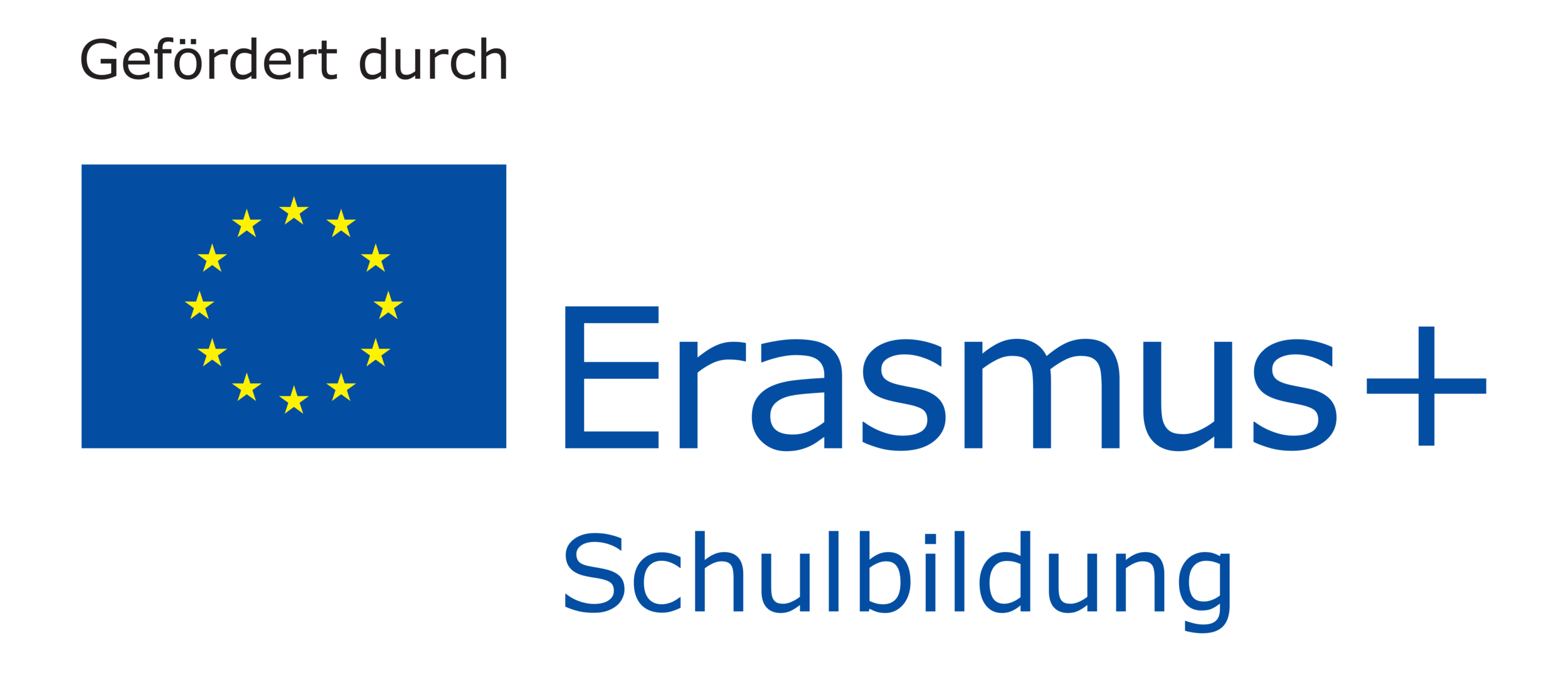How to foster Prosilience in young children
WHAT IS ProSILIENCE?
There are 6 key factors which play a role in the fostering of prosilience in a young child.
Self-efficacy
Self-efficacy is a child's ability to believe that they can take control over the situations that they encounter. This trait is often observed as self-confidence and the ability to problem solve and to approach challenges with openness instead of negativity. Child(ren)'s own expectations of themselves and their ability to accept whether or not they succeed lays the groundwork for how they approach situations and tasks. These expectations depend on one's own previous experiences (Fröhlich-Gildhoff, 2015). Rana’s parents can give her opportunities to make choices and feel in control of her situation so that she has the confidence in herself to be able to handle certain moments and challenges. For example, they can begin by doing little things such as asking if she’d like to help out with dinner, helping to prepare the food or setting the table.
Resilient children are proud of themselves. They firmly believe that their own actions can make a difference, they accept difficult tasks as opportunities and are confident in their abilities. Self-efficacy is reflected in optimism and above all has a motivating effect on the child.
Those who think they can do something proactively will try to change something or risk something. Those who negatively assess their own ability to act, "I cannot do it, I'm still too small", may rather avoid certain situations. Achievements strengthen a child’s belief in self-efficacy, while failure can weaken them (Fröhlich-Gildhoff, 2015). Therefore, it is very important for educators and caretakers to be a constant source of support and encouragement while children navigate new challenges.
“Through positive and successful experience of one’s own effectiveness, the inner self is strengthened, and coping strategies are developed. It is therefore particularly important to give the child space, time and opportunities to gain their own experience, to try out actions and to encourage the child to believe in oneself. ”
“Appreciation is an important part of promoting self-efficacy. In concrete terms, this can mean:
- Giving children participation rights
- Transferring responsibility
- Showing empathy
- Modelling authenticity
- Having patience and
- Listening actively ”

